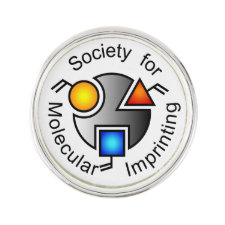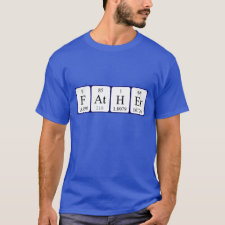
Authors: Liao Y, Wang W, Wang BH
Article Title: Enantioselective polymeric transporters for tryptophan, phenylalanine, and histidine prepared using molecular imprinting techniques.
Publication date: 1998
Journal: Bioorganic Chemistry
Volume: 26
Issue: (6)
Page numbers: 309-322.
DOI: 10.1006/bioo.1998.1116
Abstract: Developing new methods for the separation of enantiomers is of great current interest because of the importance, challenge, and high cost associated with such separations. This is particularly true in the pharmaceutical industry because of the requirement for the high purity, including enantiopurity, of the final drug products. In this study, polymeric molecular transporters were prepared using molecular imprinting techniques with D-tryptophan, D-phenylalanine, and D- histidine as the templates, respectively. It was found that the transporters thus prepared were able to transport the template amino acids across a hydrophobic chloroform layer in a U-tube at rates that were 1.34- to 3.8-fold higher than the transport of their L- enantiomers. The magnitude of discrimination depends on the conditions of polymerization and the templates used. Molecular ''receptors'' prepared using molecular imprinting techniques could potentially be used for the separation of enantiomers through serial enantioselective transports. (C) 1998 Academic Press



Join the Society for Molecular Imprinting

New items RSS feed
Sign-up for e-mail updates:
Choose between receiving an occasional newsletter or more frequent e-mail alerts.
Click here to go to the sign-up page.
Is your name elemental or peptidic? Enter your name and find out by clicking either of the buttons below!
Other products you may like:
 MIPdatabase
MIPdatabase









